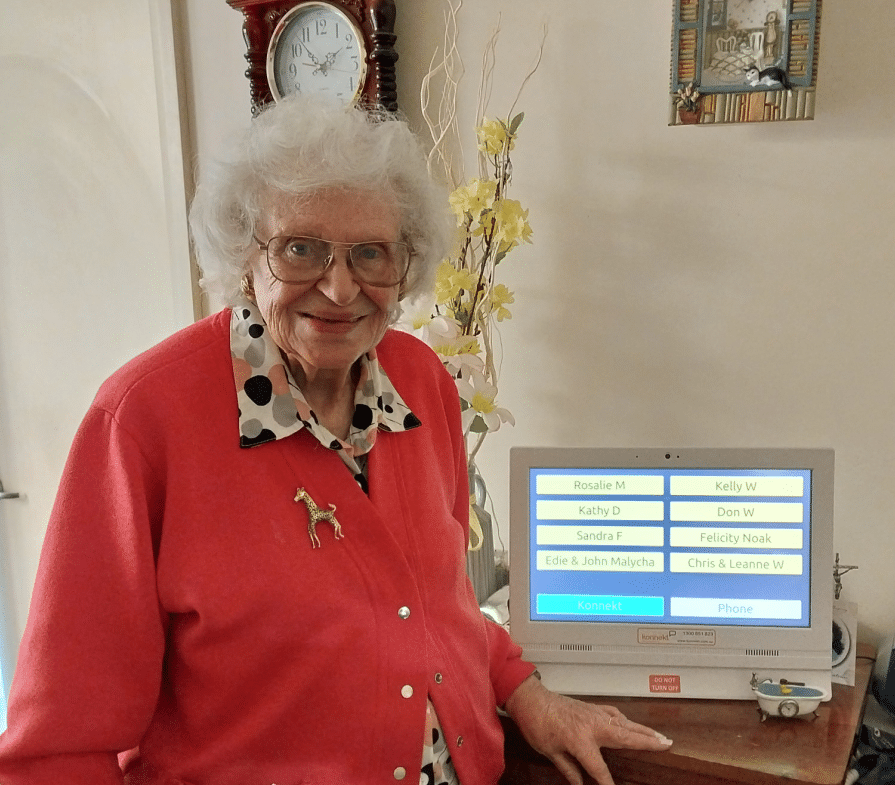Written by Xingyi Wu, April 2025:
OTC Hearing Aids Explained
As we age, hearing loss can become part of life — but it doesn’t have to affect our quality of life. Over-the-counter (OTC) hearing aids have emerged as a popular, accessible option for those experiencing hearing difficulties. But how do they compare to prescription devices?
Let’s take a closer look at how OTC hearing aids work, their pros and cons, and what other solutions are available for people with hearing challenges.

How OTC Hearing Aids Work
OTC hearing aids are designed to be simple and easy to access — no medical appointments needed. These devices are intended for adults with mild to moderate hearing loss and can be purchased directly from pharmacies, electronics stores, or online.
They work by amplifying everyday sounds, helping users hear conversations, enjoy TV, or better understand their surroundings. Most models offer basic features like adjustable volume and different sound settings for various environments — such as quiet rooms or noisy outdoors.

However, it’s important to note that OTC hearing aids are not personalised to individual hearing profiles. Unlike prescription hearing aids, which are custom-fitted and professionally tuned, OTC devices are a one-size-fits-most solution.
An existing study, “Over-the-Counter Hearing Aids: A Lost Decade for Change“, found that many OTC models don’t effectively support older adults with age-related hearing loss — since OTC models often emphasise low frequencies and lack the fine-tuning needed for complex hearing needs.
As a result, it’s important to consider your needs and the features of OTC hearing aids when making a purchase decision.
Pros
- Convenient and fast access: No need for a medical check-up or audiologist appointment—ideal for those in rural areas, with limited mobility, or needing a quick solution.
- Affordable: Generally lower cost than prescription hearing aids
- User-friendly: Simple controls and easy setup appeal to many users.
Cons
- Not tailored to individual needs: They don’t match your specific hearing loss profile, which may impact effectiveness.
- Risk of misdiagnosis: Without professional assessment, users may choose the wrong device — or miss an underlying medical issue (like wax buildup or an ear infection).
- No expert support: You miss out on professional advice, fine-tuning, and follow-up care available with prescription hearing aids.
Tips for Choosing the Right OTC Hearing Aid
If you’re considering OTC hearing aids, here are a few tips to guide your decision:
- Know your hearing needs: OTC devices are best for mild to moderate hearing loss. If you’re unsure, consider getting a hearing test first.
- Check features carefully: Look for adjustable volume, different environment modes, and check reviews to see how the device performs in real-world use.
- Comfort matters: Choose a model that fits well and feels comfortable for everyday use.
- Talk to a professional: Even if you plan to buy OTC, speaking with a hearing professional can help you make an informed choice and avoid common pitfalls.
- Do your research: Reviews and studies (like “Applications of Direct-to-Consumer Hearing Devices for Adults with Hearing Loss” by Manchaiah et al.) offer useful comparisons and insights into device performance and limitations.
Exploring Alternatives to Hearing Aids
For some people, especially older adults, the use of hearing aids — even OTC — may not be practical or preferred. They might find them uncomfortable, too fiddly, or may simply resist acknowledging hearing loss.
In such cases, alternative solutions like Konnekt’s Videophone and Captioning Videophone offer practical and user-friendly options.

The Hearing Impaired Phone stands out with its amplified sound and a large, easy-to-use touchscreen, tailored for those with hearing difficulties. It enhances communication, ensuring that users don’t miss out on vital interactions with friends and family.
The Captioning Videophone goes further by displaying real-time captions during calls, helping users read what’s being said, making communication clearer and more inclusive.
For more information on supporting people with hearing impairments through technology and communication techniques, visit Konnekt’s informative articles on communicating with someone who is hearing-impaired, the advantages of video telehealth appointments, and tips on talking to someone with dementia.
Remember, the key to managing hearing loss effectively lies in understanding all available options and choosing the one that best fits the individual’s needs and lifestyle.
For the best outcome, we strongly recommend visiting an audiologist—or better yet, one of Konnekt’s trusted Audiology partners—to accurately assess your hearing needs and determine whether OTC hearing aids are the right solution for you.
Conclusion
OTC hearing aids offer an affordable, accessible option for many — but they’re not a one-size-fits-all solution. It’s important to weigh the pros and cons and consider your personal needs before making a decision.
If you or your loved ones are exploring hearing support solutions, and OTC hearing aids don’t quite fit the bill, Konnekt is here to help.
We provide personalised guidance and easy-to-use communication tools to support independence and connection — especially for older adults and people with disabilities.
Contact us today to find out how we can help you or your loved one communicate with confidence and ease.

